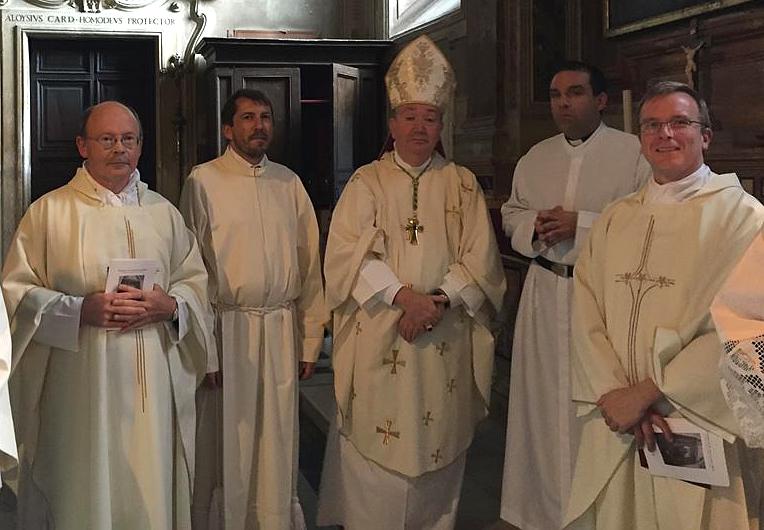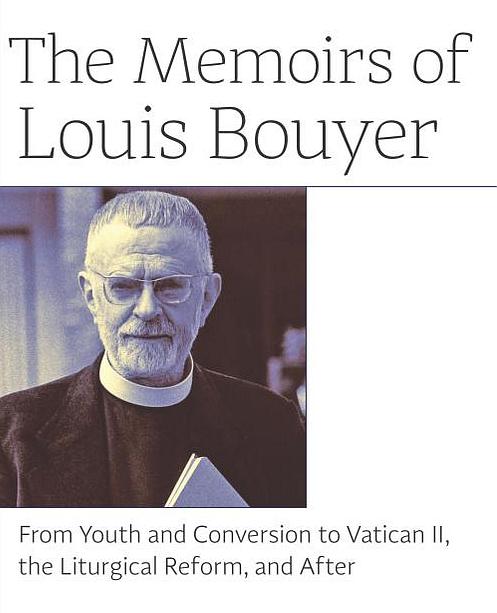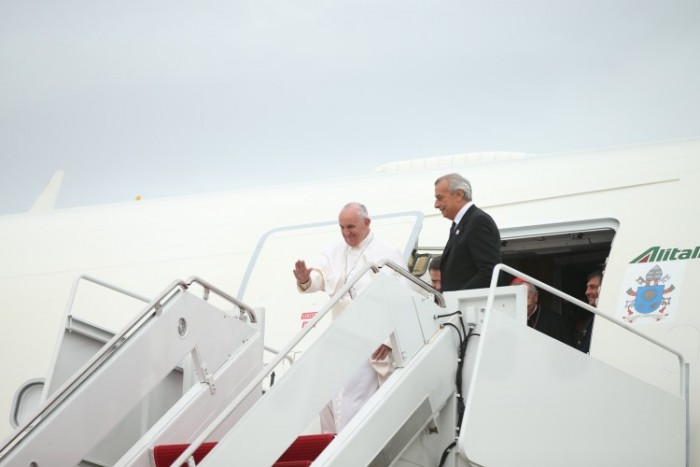(Dette innlegget ble skrevet tidligere i dag og lagt ut på Verdidebatt.)
Aftenposten og Vårt Land slår nå stort opp at den katolske biskopen i Tromsø ikke er enig med Oslo katolske bispedømme ang. tilbakebetaling av for mye mottatt stats- og kommunetilskudd. Et brev om dette er lagt ut på nett her: http://www.katolsk.no/nyheter/2015/10/de-offentlige-tilskudd-i-arene-2011-til-og-med-2014
Men dette er jo ikke noe nytt; det samme ble jo tydelig uttrykt i et brev Tromsøs biskop skrev til fylkesmannen 14. mai i år, og der regner de også ut hvor mye det ville være snakk om å betale tilbake. Les det gjerne her: http://www.katolsk.no/nyheter/2015/05/brev-til-fylkesmannen
I dette brevet skrev biskopen riktignok: «OKB har et noe annet syn på saken. Skulle OKBs syn slå gjennom, ber vi om at tilbakeføring kan bli gjenstand for etterfølgende justering.» Det er vel nå ganske uklart om biskopen fortsatt kan tenke seg «en slik justering», som i praksis vil si at han får tilbake det aller meste av det han har returnert til myndighetene.
I sitt siste brev bruker biskopen noen argumenter som jeg ikke helt følger. Han starter med at det er et moralsk spørsmål at man registrerte mennesker uten å spørre «om de var katolikker eller godtok bruk av personnummer.» Han skriver vi dere at «vi på denne måten tok oss til rette. Ut fra det mener jeg at vi har utvist klanderverdig dømmekraft. Det er bakgrunnen for at jeg har tilbakebetalt det som har blitt krevet av Fylkesmannen, og vi vil på tilsvarende måte gjøre opp med kommunene.»
At Den katolske kirke i Norge må beklage måten registreringen er foretatt på er det ikke noen uenighet om, og Oslos katolske biskop har også beklaget dette tydelig mange ganger. Men betyr en slik innrømmelse og beklagelse at man skal gi fra seg ca 85 millioner kroner for personer som beviselig er katolikker? Jeg har tidligere laget et regnestykke som viser disse talene, se her: http://www.verdidebatt.no/debatt/cat12/subcat13/thread11586026/
Tromsøs biskop sier også at de fleste registrerte virkelig er katolikker: «De fleste av dem som har blitt registrert uten å ha blitt spurt, har i år bekreftet at de er katolikker. Spørsmålet blir om man burde få tilskudd for disse. Her skiller jeg igjen mellom det vi moralsk har krav på, og det som følger av loven, og jeg ser på det moralske.» Men han konkluderer likevel noe overraskende med at vi må gi fra oss støtte for disse personene.
Tromsøs biskop er på enda et område enig med OKB: «Jeg deler langt på vei OKBs forståelse av trossamfunnsloven og dens regel for hvem som er medlem av trossamfunn. En katolikk fra Polen er katolikk også i Norge. …» Men samtidig bøyer han seg helt for departementets og fylkesmannens forståelse av reglene: «Vi vet at Fylkesmannens avgjørelse er i tråd med departementets oppfatning, og det vil derfor ikke ha noen hensikt å klage på Fylkesmannens avgjørelse hvis man ikke tar sikte på mulig søksmål. Det vil jeg ikke så lenge det ikke er tale om krenkelse av fundamentale rettigheter. Vi skal så vidt mulig tilstrebe et godt forhold til myndighetene, det er i vid forstand en del av vår tro.»
Tromsøs biskop ser her ut til å mene at trossamfunn skal godta alt myndighetene bestemmer og påstår, uten å anke dette eller prøve det for domstolene – om det da ikke skulle være fundamentale trosspørsmål. Selv syns jeg nok man må kunne anke, og om nødvendig bringe for rettsapparatet, også ting av administrativ art, om dette skulle være nødvendig.
Jeg syns anken Oslo katolske bispedømme sendte til fylkesmannen 25. august i år er ganske solid. Les om den her: http://www.katolsk.no/nyheter/2015/08/klage-pa-fylkesmannens-vedtak og her: http://www.katolsk.no/nyheter/2015/08/jus-ekspert-kritisk-til-straffesaken-mot-okb
OKB har beklaget mye de har gjort i denne medlemssaken, og er villig til å betale tilbake penger de har mottatt for alle feilregistrerte – men ikke å betale tilbake mange titalls millioner for medlemmer som virkelig er katolikker. Det syns jeg høres fornuftig og moralsk ut – og jeg syns derfor den katolske biskopen i Tromsø burde ha ventet på en avgjørelse i denne saken før han begynner i tilbakebetale penger.
Oddvar Moi
Noen timer senere la jeg til:
Jeg ser at jeg gjerne kunne ha gjort mine synspunkter litt tydeligere, bl.a.:
– Man kan kanskje se i dette utspillet et ønske fra biskop/økonom i Tromsø om å distansere seg fra (eller kritisere) det OKB har gjort, men jeg vet ikke om det er slik.
– Jeg kan ikke se at det er mer moralsk høyverdig å gi fra seg penger for personer som beviselig er katolikker (som biskopen i Tromsø gjør), enn å beklage feilene som er gjort, betale tilbake for de feilregistrerte, men beholde pengene for alle som virkelig er katolikker.
– Jeg kan ikke se at det er naturlig (langt mindre nødvendig) at kirkesamfunn ikke bør eller kan klage på myndighetenes avgjørelser i praktiske saker (som biskopen i Tromsø her hevder).
– Det blir ganske underlig når biskopen i Tromsø, som har godt under 10% av landets katolikker, ikke heller ønsker å vente på en avgjørelse som gjelder de aller fleste katolikker i Norge. Kanskje kunne han ha sagt til fylkesmannen: «Jeg vil gjerne betale tilbake for alle som er blitt registrert på denne uheldige måten, men samtidig ber jeg om at betalingen utsettes til ankesaken til OKB er avgjort.»






